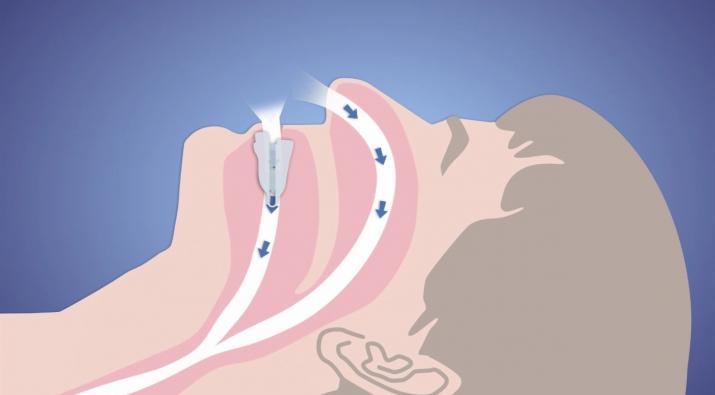
Sleep is an essential part of life, and is vital for good health and wellbeing, yet millions of people struggle with sleeping through the night and getting proper rest. The reasons are many, from our hectic moderns lifestyle to the types of foods we're eating, and even physical issues such as sleep apnea and excessive snoring. Read below to discover what you can do to increase your chances of getting the restful sleep your body needs.
First of all, how can you tell if you're not getting enough sleep at night? It should be pretty obvious that you'll find yourself feeling tired when you get out of bed in the morning, or feeling run down and sleepy in the afternoon. Some of the other not so obvious signs are moodiness and irritability, trouble concentrating, and also memory impairment.
There are generally two types of sleeping difficulties, short term and long term. An example of a short term sleep issue could be stress, which happens to be the number one short term sleep problem. Most people experience this from time to time. Life is stressful these days, and pressure on the job or at school, or maybe because of relationship problems or a family illness, can lead to tossing and turning at night instead of getting proper rest.
An example of a long term sleep issue could be snoring or sleep apnea. These physical issues will keep you from getting uninterrupted sleep at night and also affect your bed partner by keeping him or her up as well. A person with sleep apnea can be awakened over 100 times per night and not even realize it, and you can imagine how disruptive this can be to restful sleep. How to fix snorting is a different mater for every individual, Some get medical operations and other use product and sleeping methods.
Some of the ways to increase your chances of sleeping through the night include setting a schedule of going to bed and getting up, and then really sticking to it. Studies have shown that once your body is conditioned to expect sleep at a certain time your quality of sleep will increase. Another way to help you get enough sleep at night is to avoid taking a nap. This can be difficult because it's so tempting to close your eyes for a few minutes when you get a period of quiet time. Instead, try to keep busy and resist the temptation of take a quick cat nap.
Other tips for sleeping through the night include avoiding alcohol in excess and any caffeinated beverages in the afternoon and evening. A heavy meal around bedtime will also make it difficult to maintain sleep. The rule of thumb is that eating a big meal 3 hours before bed should be avoided. And experts have also recommended exercising earlier in the day rather than closer to bedtime will also help you avoid tossing and turning.
To give yourself the best chance at a good night of sleep, make sure your room is free from distractions such as a television set or radio. Making your room as dark and quiet and possible sends a signal to your body that it's time for sleep, while a TV will add light and noise to your environment, making it difficult to remain sleeping. Also pay attention to the temperature, as a room that's too hot will is not conducive to sleep.
The medications you're taking can also interrupt sleeping patterns, so if you find yourself struggling to sleep at night perhaps a chat with your doctor about any medicines you routinely take would be in order. He or she can also recommend other things that may help you get the rest your body needs.
Sleeping through the night is an important and yet often overlooked part of our overall health. If you feel you're not getting the proper rest at night, take a look at some of the things we've talked about here and make the necessary adjustments so you can feel rested and rejuvenated in the morning.